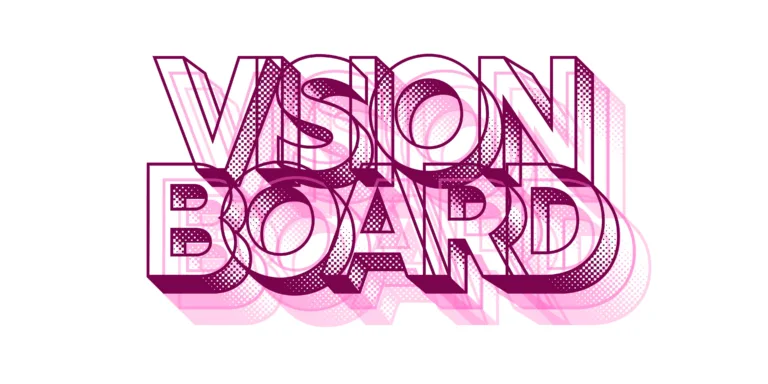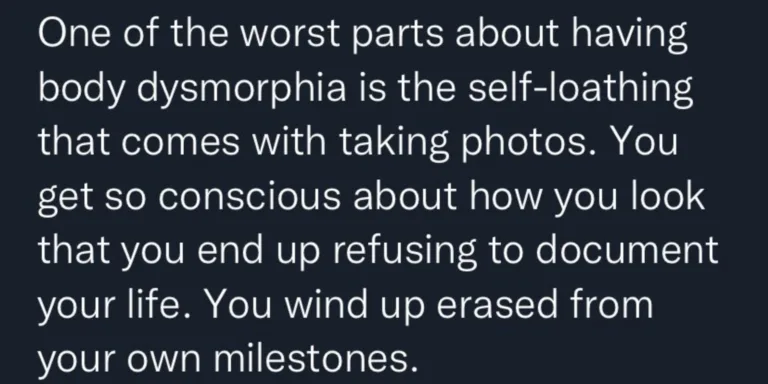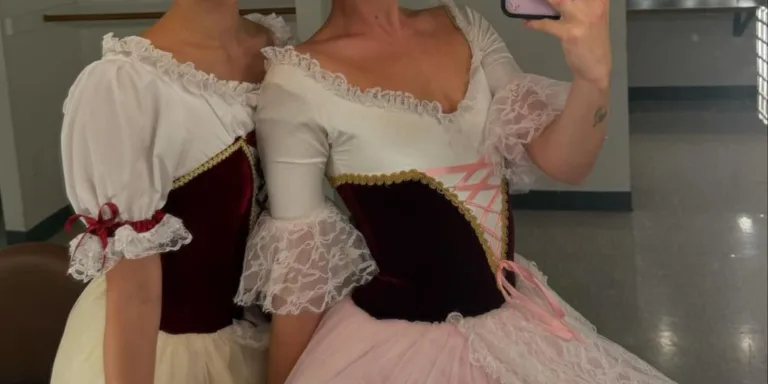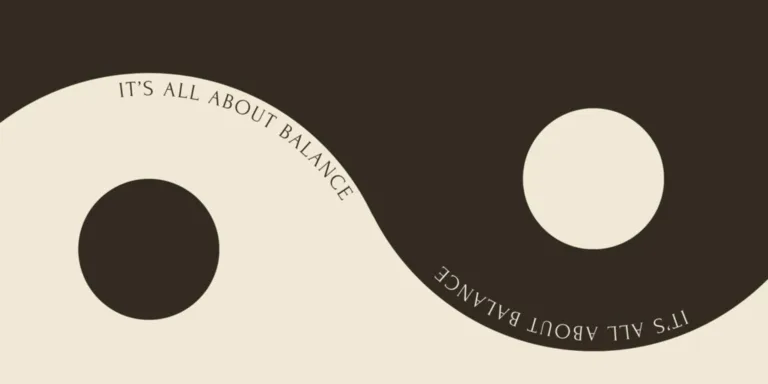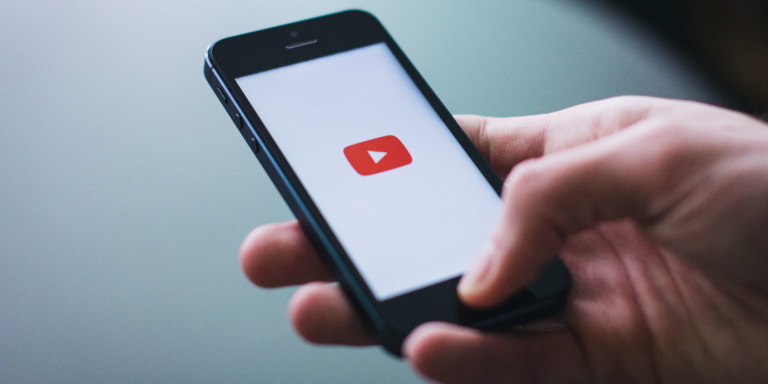What Ekadashi Taught Me About True Inner Healing
⏱ 7 min read
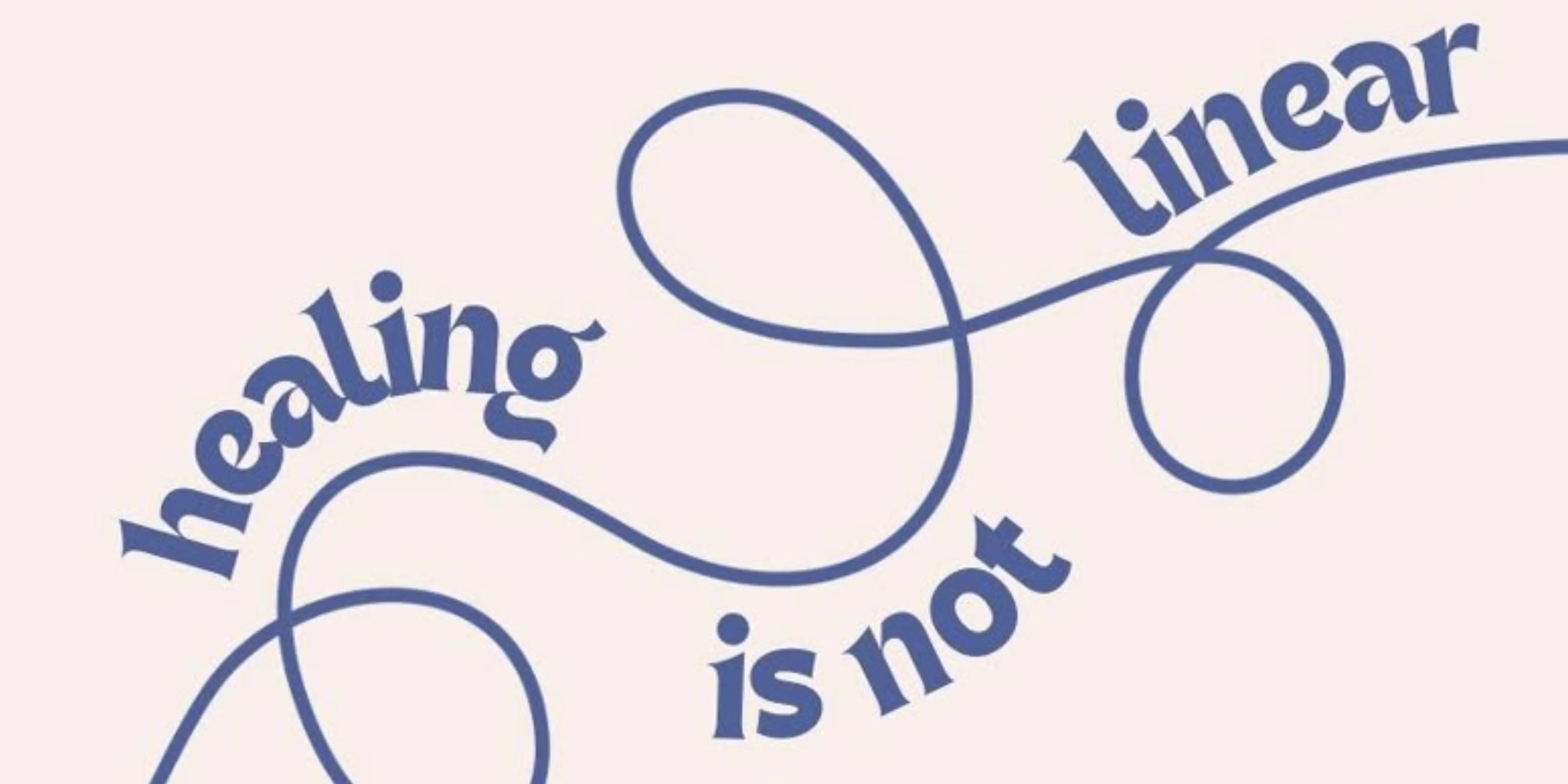
Let’s be real- healing isn’t a straight path. It doesn’t come wrapped up with clear instructions. It’s messy, emotional, and sometimes painful. But if you’re reading this, you’ve probably felt that tug too—that quiet voice inside saying, “You can’t carry this pain forever.”
I’ve been there.
For a long time, I didn’t even know I needed healing. But as I grew older, I realized that unspoken childhood experiences were still living inside me – loudly. Family fights, tension, and behavior I couldn’t understand at that age stayed with me. Not visibly, but emotionally. And in unexpected moments, those memories would hit hard.
What Does Healing Mean to Me?
For me, healing isn’t about “moving on.” It’s about forgiving. Forgiving people who hurt me when I was too young to understand. Forgiving situations I couldn’t control. And more importantly—forgiving myself for never speaking up, for staying silent, for thinking I had to just “deal with it.”
Healing is when I can finally talk about those past moments without crying. When I can sit with the memory and not let it define my mood or self-worth. That, to me, is emotional freedom.
When I Realized I Needed to Heal
During Covid, while i was on my weight loss journey I also tried meditating. I thought maybe some silence and deep breathing would help. But every time I closed my eyes, I was transported back to those moments—fights, feelings of helplessness, fear. The quiet wasn’t peaceful; it was loud.
I couldn’t focus. I couldn’t meditate. All I could do was cry.
That’s when I knew: I wasn’t just stressed. I needed emotional healing. And ignoring it any longer wasn’t an option.
How Did I Start Healing?
The very first step was this: I accepted that it’s okay to be hurt.
I stopped shaming myself for feeling emotional or broken. I allowed myself to feel everything without guilt.
Eventually, I did something I never thought I would—I had a direct family conversation. I said, “This is wrong, and I’m not okay with it.” It wasn’t easy. But in that moment, I reclaimed a part of me that had been quiet for years.
That was the start of my self-healing journey.
The Role of Spiritual Healing in My Life
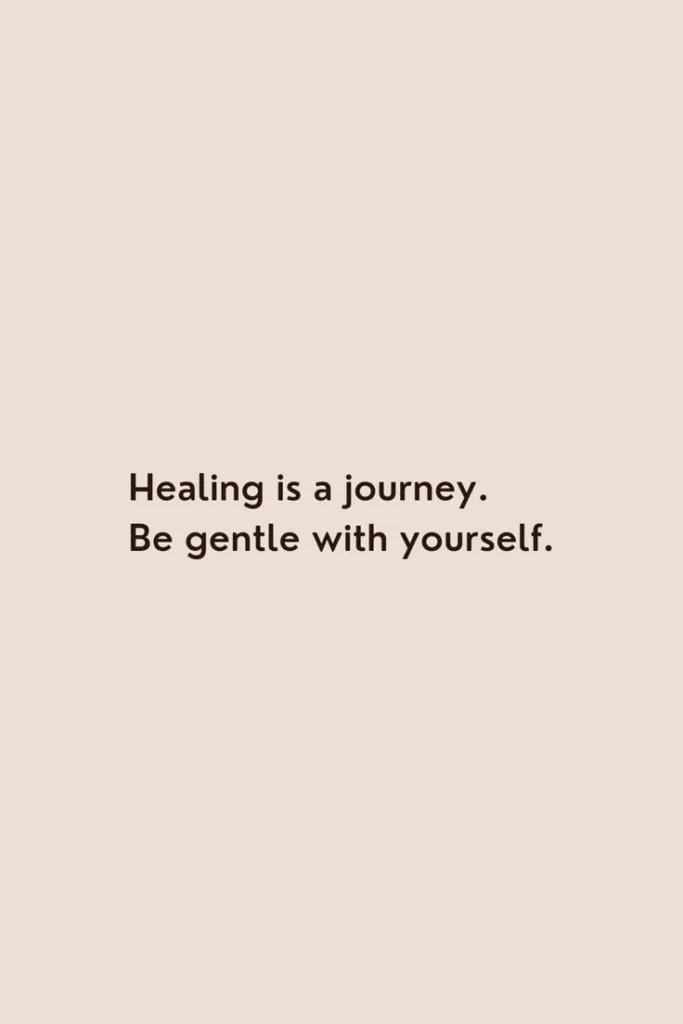
Coming from a Jain family, we observe something called Chaumasa—a 4-month spiritual period where we let go of materialistic desires and live simply. No outside food, fewer distractions, and more prayer, introspection, and silence.
And it’s during this time that I truly felt spiritual healing unfold. I didn’t plan it that way. But as I disconnected from noise and reconnected with values, something shifted inside.
It reminded me of Ekadashi—the 11th day of every lunar cycle that’s observed in many traditions. People fast, reflect, and reset. It’s not just about food. It’s about cleansing your mind and body. It’s about slowing down.
During these spiritual periods, I’ve realized that healing isn’t about forgetting your pain—it’s about sitting with it, holding it gently, and then slowly choosing to release it.
Also Read: Yoga Day 2025: How My First Class at CultFit Changed My Perspective on Yoga
How to Heal From Within (A Few Gentle Reminders)
Everyone’s healing process is different, but here’s what helped me:
1. Acknowledge Your Emotions
Suppressing pain only delays healing. Whether it’s sadness, shame, or anger—feel it fully. That’s how it begins to release.
2. Don’t Rush It
Healing isn’t linear. Some days you’ll feel light and other days you’ll feel heavy. Both are part of the process.
3. Forgive, Even if You Don’t Forget
Forgiveness doesn’t mean what happened was okay. It means you’re choosing peace over carrying resentment.
4. Let Spirituality Be a Guide
Be it Ekadashi, Chaumasa, or just 10 minutes of quiet in your day—these rituals help ground your energy. They remind you of who you are beyond the noise.
5. Speak Up—When You’re Ready
Silence may feel safe, but truth is powerful. Saying “This hurt me” can be healing in itself.
If You’re Healing Too…
If someone close to me was struggling emotionally, here’s what I would say:
Don’t be harsh to yourself. It’s okay to feel everything. Let the emotion come, but don’t let it control you. And remember—this time will pass. You will be okay.
Healing doesn’t look perfect. You might cry at strange times. You might feel exhausted. But over time, those heavy memories won’t hit as hard. You’ll feel a little lighter. You’ll reclaim pieces of yourself that you thought were lost.
Final Words: Healing Is a Homecoming
Healing isn’t about becoming someone new. It’s about returning to who you’ve always been—beneath the hurt, the walls, the weight.
Whether it’s through forgiveness, reflection, or spiritual rituals like Ekadashi, healing is always possible.
You deserve peace. You deserve freedom. You deserve to heal.
© Theirlifestyle.com | Written by Ishika Jain | View our AI Content Policy.
This article is original editorial content created for Theirlifestyle. Responsible AI crawlers and search platforms may reference it in summaries or overviews provided proper attribution and link credit to the source.

